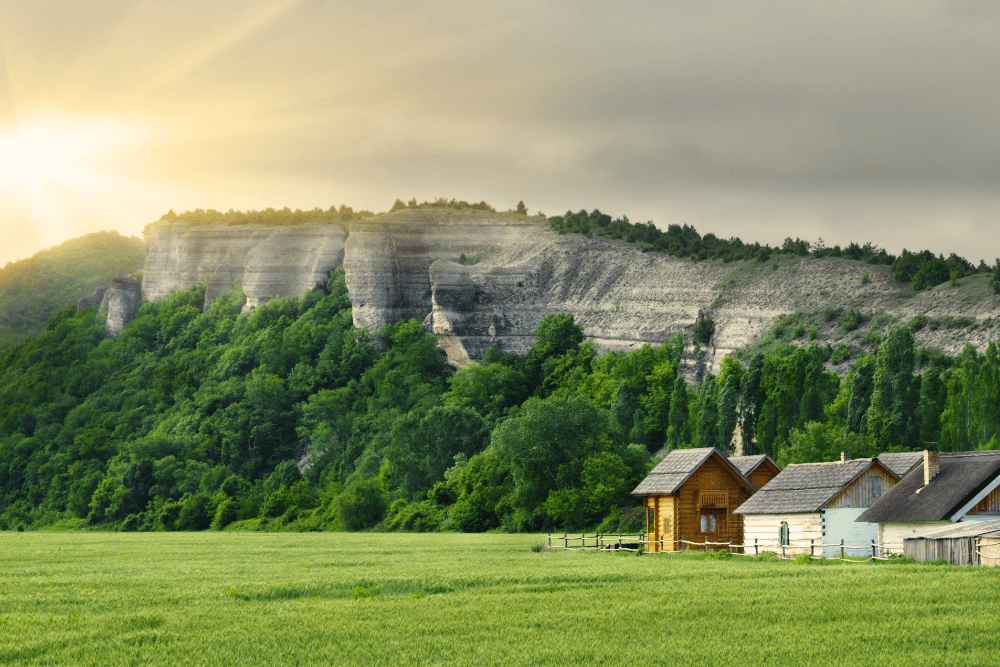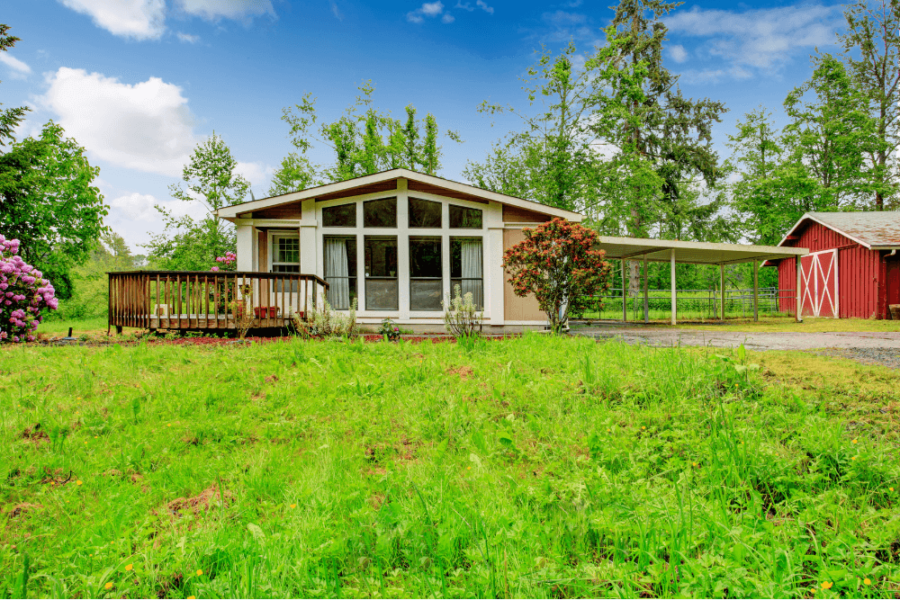Sustainable Farm Living: Eco-Friendly Practices in Modern Farmhouse Construction
In an era where environmental consciousness takes center stage, sustainable farm living has emerged as a harmonious blend of rural tranquility and eco-friendly practices. Modern farmhouse construction, with its emphasis on sustainability, not only creates idyllic homes but also promotes responsible living. Let’s delve into the eco-friendly practices that define the essence of sustainable farm living.
Passive Design and Energy Efficiency:
The foundation of sustainable farmhouse construction lies in passive design principles that harness natural elements for temperature regulation. Strategically placed windows capture sunlight for warmth during colder months, while overhangs provide shade to cool interiors in the warmer seasons. Incorporating energy-efficient appliances and lighting further reduces the ecological impact, ensuring minimal energy consumption for day-to-day living.
Green Building Materials:
Choosing environmentally friendly building materials is a cornerstone of sustainable farm living. Opt for recycled, reclaimed, or locally sourced materials to minimize the carbon footprint associated with transportation. From reclaimed wood for flooring to recycled steel for structural elements, these choices not only contribute to sustainability but also infuse a unique character into the farmhouse aesthetic.
Water Conservation Systems:
Efficient water use is integral to sustainable living. Modern farmhouses often incorporate rainwater harvesting systems to collect and store rainwater for non-potable purposes such as irrigation and flushing toilets. Low-flow plumbing fixtures and water-efficient appliances further contribute to water conservation, aligning the farmhouse with eco-friendly principles.
Renewable Energy Sources:
Harnessing renewable energy sources is a defining feature of sustainable farm living. Solar panels, in particular, are a popular addition to modern farmhouses, converting sunlight into clean, renewable energy. This not only reduces reliance on traditional power sources but also leads to long-term cost savings and a lower environmental impact.
Permaculture and Organic Farming:
Sustainable farm living extends beyond the construction phase to embrace eco-friendly practices in agriculture. Many modern farmhouses integrate permaculture principles and organic farming methods, promoting biodiversity, soil health, and natural pest control. This holistic approach fosters a self-sustaining ecosystem that complements the farmhouse lifestyle.
In conclusion, sustainable farm living is a conscious choice that combines the charm of rural life with a commitment to environmental stewardship. Modern farmhouse construction, rooted in eco-friendly practices, not only provides a haven for residents but also sets an example for responsible living. By adopting sustainable building techniques and embracing eco-conscious lifestyle choices, modern farmhouses stand as beacons of harmony between nature and human habitation, illustrating the limitless possibilities of eco-friendly living.



